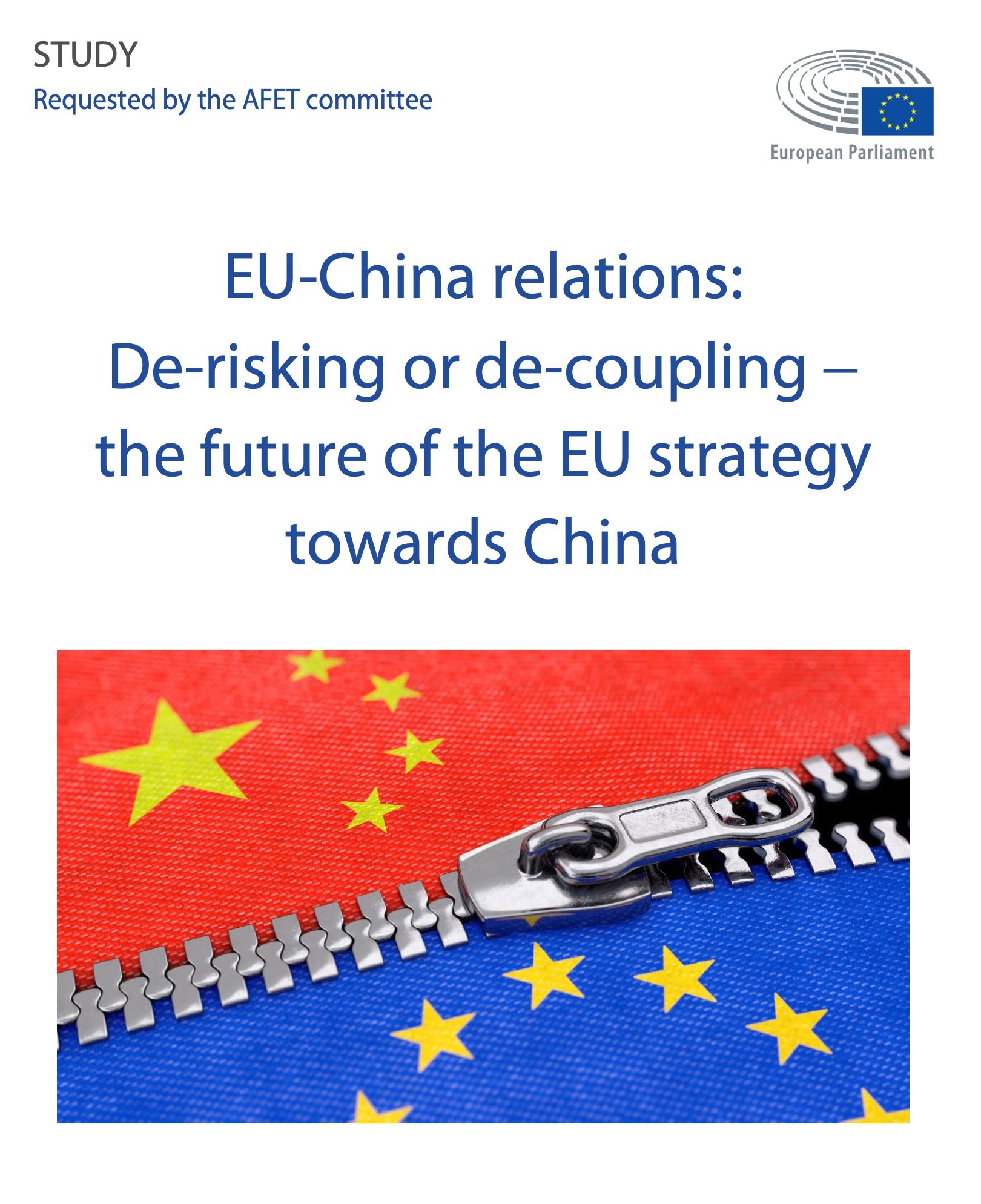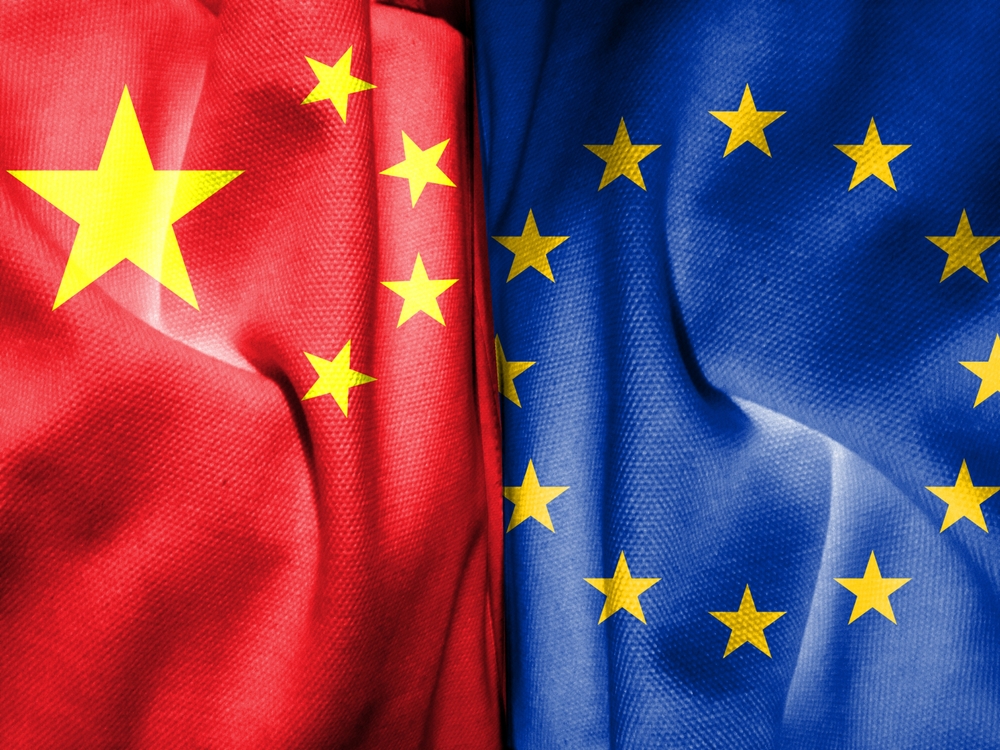EU-China relations: De-risking or de-coupling − the future of the EU strategy towards China

As the European Union (EU) prepares for a new round of parliamentary elections, how should the bloc consider its strategy towards China?

To evaluate the EU's policy framework towards China, this study analyses the varied facets of bilateral relations and the EU’s approach towards China, including its policy of de-risking, together with issues relating to China’s domestic politics and foreign policy. It highlights the need for the EU to adopt a coherent vision and a comprehensive and consistent long-term China strategy that can guide its future actions towards China and on the world stage. Based on its findings, it also provides a series of specific recommendations for the EU on the numerous topics analysed in the study.
John Seaman, Research fellow at Ifri's Center for Asian Studies, was a co-author of this study, notably contributed to alysis on the concepts of de-risking and economic security in the EU's relation with China
> The study is available on the European Parliament's website.
Related centers and programs
Discover our other research centers and programsFind out more
Discover all our analysesJapan’s Takaichi Landslide: A New Face of Power
Prime Minister Sanae Takaichi has turned her exceptional popularity into a historic political victory. The snap elections of February 8 delivered an overwhelming majority for the Liberal Democratic Party (LDP), driven by strong support from young voters, drawn to her iconoclastic and dynamic image, and from conservative voters reassured by her vision of national assertiveness. This popularity lays the foundation for an ambitious strategy on both the domestic and international fronts.
The U.S. Policy Toward Taiwan Beyond Donald Trump: Mapping the American Stakeholders of U.S.-Taiwan Relations
Donald Trump’s return to the White House reintroduced acute uncertainty into the security commitment of the United States (U.S.) to Taiwan. Unlike President Joe Biden, who repeatedly stated the determination to defend Taiwan, President Trump refrains from commenting on the hypothetical U.S. response in the context of a cross-Strait crisis.

China’s Strategy Toward Pacific Island countries: Countering Taiwan and Western Influence
Over the past decade, China has deployed a diplomatic strategy toward the Pacific Island Countries (PICs). This strategy pursues two main objectives: countering Taiwan's diplomatic influence in the region and countering the influence of liberal democracies in what Beijing refers to as the "Global South."

Opening up the G7 to South Korea to Address Contemporary Global Challenges
The G7’s global influence has diminished as powers like China reshape international governance through initiatives such as BRICS and the Shanghai Cooperation Organisation (SCO). With the G7 now representing just 10 per cent of the world’s population and 28 per cent of global GDP, its relevance is increasingly questioned.











